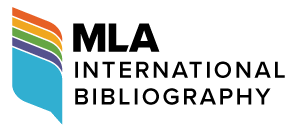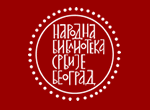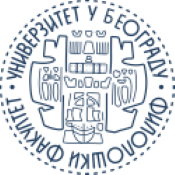Beoiberística está indexada/depositada en:
Sobre la revista
Beoiberística es una revista científica, fundada en febrero de 2016 por el Departamento de Estudios Ibéricos y publicada por la Facultad de Filología de la Universidad de Belgrado.
Aparece en formato electrónico, con frecuencia anual y se encuentra disponible para todos los autores, colaboradores y lectores interesados. Se centra en el análisis de múltiples aspectos abarcados por los estudios ibéricos, latinoamericanos y comparativos de carácter lingüístico, literario y cultural. Publica artículos científicos inéditos sobre cualquier tema relevante y actual dentro del ámbito de los estudios filológicos modernos. El último apartado de cada número está reservado para las reseñas de nuevas publicaciones relacionadas con los temas ibéricos, latinoamericanos y comparativos.
La revista publica contribuciones escritas en español, inglés, catalán, portugués y serbio.
Beoiberística está indexada/depositada en:
ERIH PLUS (European Reference Index for the Humanities and Social Sciences), DOAJ (The Directory of Open Access Journals), Latindex (Sistema Regional de Información en Línea para Revistas Científicas de América Latina, el Caribe, España y Portugal), MLA (International Bibliography, Directory of Periodicals), CEEOL (Central and Eastern European Online Library), EBSCO host, PKP Index, REDIB (Red Iberoamericana de Innovación y Conocimiento Científico), MIAR (Matriz de Información para el Análisis de Revistas), Index Islamicus Online, Portal del Hispanismo (Instituto Cervantes), Dialnet.














